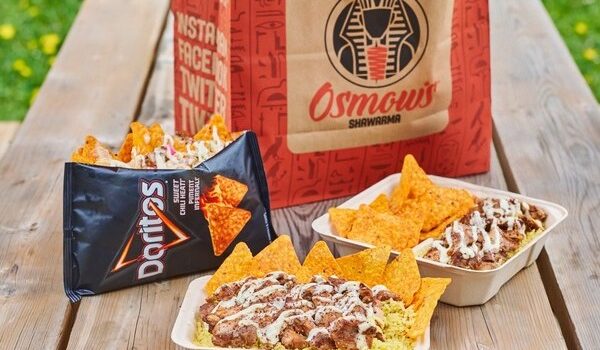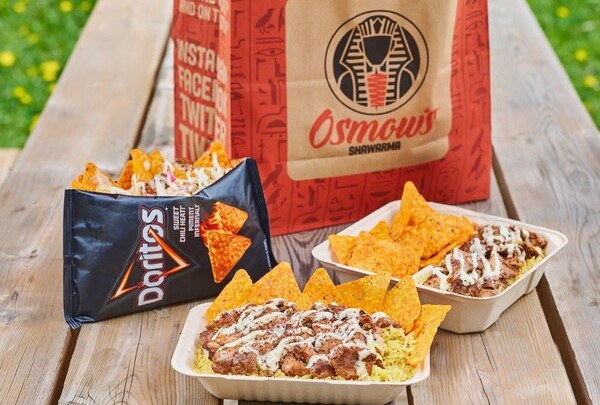
Meal kit maker MissFresh is going the reusable route. And it’s partnering with Metro to find its way.
Initially included in a five-store April 2018 pilot program in Metros, the Montreal-based ready-to-cook brand is now offering customers a reusable box pickup option at pick-up points in 130 Metro grocery locations across Quebec, as well as a six-store network of Jean Coutu-affiliated pharmacies and has designs on expanding throughout Quebec and into Ontario Metros as well. The move is part of the brand’s continuing effort to curb single use packaging waste. The company has also reduced the number of small containers it uses inside the new box, by combining spices and sauces when possible.
MissFresh is 70% Metro-owned, as the grocer acquired its majority stake in the subscription meal kit company in 2017. Metro completed the acquisition of Jean Coutu Group in May, 2018.
Last year, MissFresh expanded, moving beyond its home delivery subscription service and into physical stores. It started offering meal kits in Metro stores, as part of a pilot in test markets to compare online versus in-store purchases. Having a retail presence, Prevost says, helps reach out to a broader, slightly older and less digitally savvy demographic who would not have intuitively ordered food online, and whose ready-to-go preferences are slightly different.
Most of MissFresh’s subscribers still go to grocers to pick up ingredients, says Marie-Eve Prevost, founder and CEO of MissFresh, so the brand decided to offer the new reusable boxes at grocery store pickup points for convenience.
More retailers are moving toward offering zero waste and eco-friendly options at their stores, she says, adding that, as of April, Quebec Metro consumers are now able to use their own bags and packaging at the deli, meat, fish, seafood, pastry and ready-to-eat counters. MissFresh is trying to differentiate itself from other meal kit brands by catering to individuals who are looking to make eco-conscious choices, says Prevost.
When it comes to generating awareness, Prevost says that participating Metro are promoting the “Eco-Pickups” with signage featuring the MissFresh logo and a tear pad so that consumers can read more about the reusable bin. It’s also offering a $5 coupon to spend in-store at Metro, as well as a reusable carrying bag to consumers on their first order.
Its goal, says Prevost, is to grow the reusable pick-up option to 20% of its subscriber base within the next 12 months as part of the company’s efforts to reduce the deleterious impact of excess packaging.
Prevost says it is ultimately looking to offer these boxes through home delivery, though she concedes a consignment model is a more complex one for MissFresh to manage, not just because of logistics, but because some of its subscribers are wary about having items left for them outside their home.
However, there is a burgeoning market, as at-home meal kit prep is a growing trend, according to the latest figures. Meal kit delivery services are already a $120-million industry in Canada and expanding, and an NPD Group study reveals that 42% of Canadians are interested in trying out a meal kit, while 13% have already done so.























